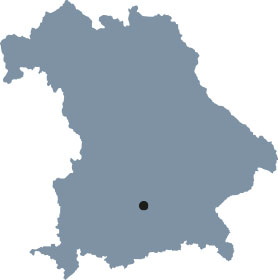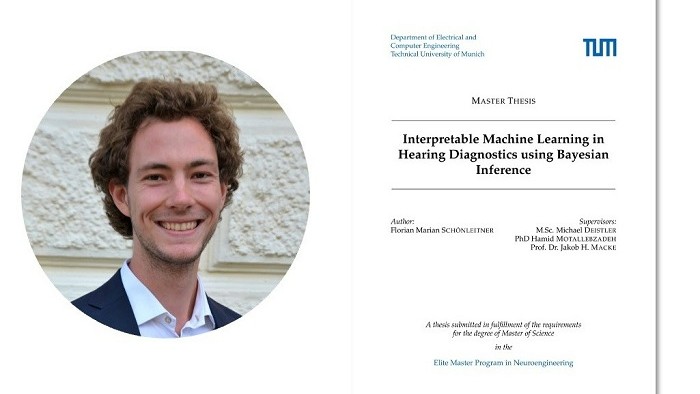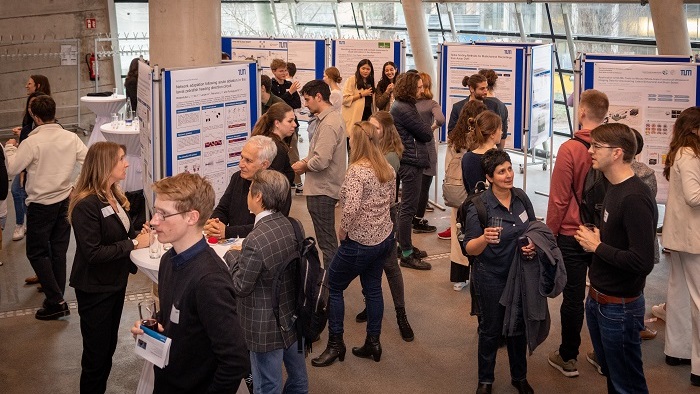Neuroengineering
Neuroengineering is an emerging interdisciplinary field that aims to translate findings in neuroscience to real-world practical engineering applications. The overall goal of the study program is to educate and to train students in the area between engineering, medicine, biology and psychology; Thereby providing knowledge and skills, and broadening their mind, to envision and to create innovative neuro-inspired systems.
| Degree | Master of Science |
| Duration of study | Four semesters |
| Place of study | Munich |
| Admission requirements | Bachelor's degree (or equivalent) in electrical engineering, computer science, bio-medical engineering, psychology with an engineering minor or a similar degree |
| Language of instruction | English |
| Head | Prof. Dr. Gordon Cheng Prof. Dr. Kristen Kozielski |
| Coordinator | Isabell Fischer Contact the coordinator |
| Further information | Website Neuroengineering |
MSNE aims to train excellent, open-minded students through an individualized, highly interdisciplinary and internationally competitive program, which allows them to becomeleaders in this novel interdisciplinary area in the intersection of neuroscience and engineering.
These educational experiences should enable them to perform groundbreaking research as well as envision and create innovative neuro-inspired systems. MSNE provides students with a unique knowledge and skill set, individualized by mentor-approved electives, complemented by hands-on internships, early-career training for independent research, and awareness of ethical aspects of neuro-technology.


Neuroengineering combines neuroscience, electrical engineering, materials science, and computer science. It is a great pleasure to train MSNE students, and to prepare them to be leaders in the future of neurotechnology.
Prof. Dr. Kristen Kozielski
The MSNE program offers exclusive interdisciplinary education with integrated soft-skills training, so that graduates can better serve the growing academic, economical and societal demands. The MSNE graduates will benefit from a unique training combination of engineering and neuroscience, supplemented by in-depth knowledge of societal needs, impact, and expectations of neuroengineering.




